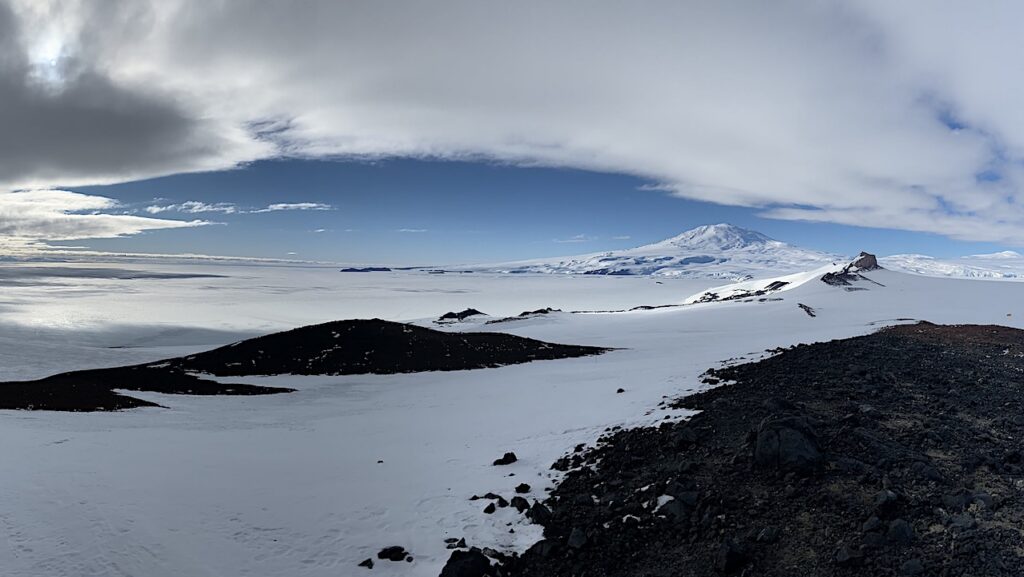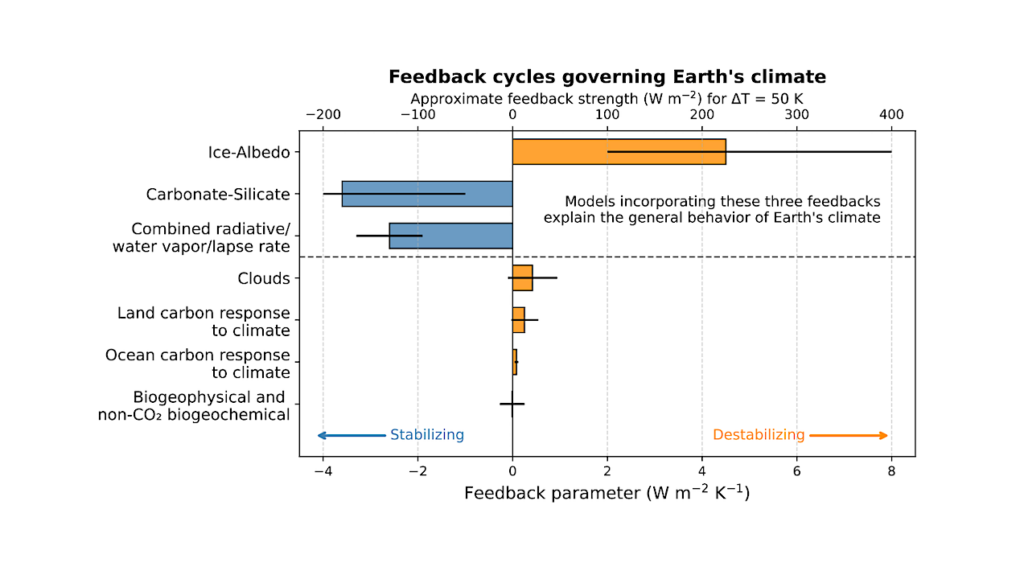Percolation Of ‘Civilisation’ In A Homogeneous Isotropic Universe

In this work, we consider the spread of a ‘civilisation’ in an idealised homogeneous isotropic universe where all the planets of interest are habitable.
Following a framework that goes beyond the usual idea of percolation, we investigate the behaviour of the number of colonised planets with time, and the total colonisation time for three types of universes. These include static, dark energy-dominated, and matter-dominated universes.
For all these types of universes, we find a remarkable fit with the Logistic Growth Function for the number of colonised planets with time. This is in spite of the fact that for the matter- and dark-energy dominated universes, the space itself is expanding. For the total colonisation time, T, the case for a dark energy-dominated universe is marked with divergence beyond the linear regime characterised by small values of the Hubble parameter, H. Not all planets in a spherical section of this universe can be ‘colonised’ due to the presence of a shrinking Hubble sphere.
In other words, the recession speeds of other planets go beyond the speed of light making them impossible to reach. On the other hand, for a matter-dominated universe, while there is an apparent horizon, the Hubble sphere is growing instead of shrinking. This leads to a finite total colonisation time that depends on the Hubble parameter characterising the universe; in particular, we find T∼H for small H and T∼H2 for large H.
Allan L. Alinea, Cedrix Jake C. Jadrin
Comments: 10 pages, 8 figures
Subjects: Popular Physics (physics.pop-ph); Cosmology and Nongalactic Astrophysics (astro-ph.CO)
Cite as: arXiv:2309.06575 [physics.pop-ph] (or arXiv:2309.06575v1 [physics.pop-ph] for this version)
https://doi.org/10.48550/arXiv.2309.06575
Focus to learn more
Journal reference: Eur. J. Phys. 44 6 (2023) 065601
Related DOI:
https://doi.org/10.1088/1361-6404/acfbc5
Focus to learn more
Submission history
From: Allan Alinea
[v1] Sun, 27 Aug 2023 12:13:54 UTC (262 KB)
https://arxiv.org/abs/2309.06575
Astrobiology, SETI,








